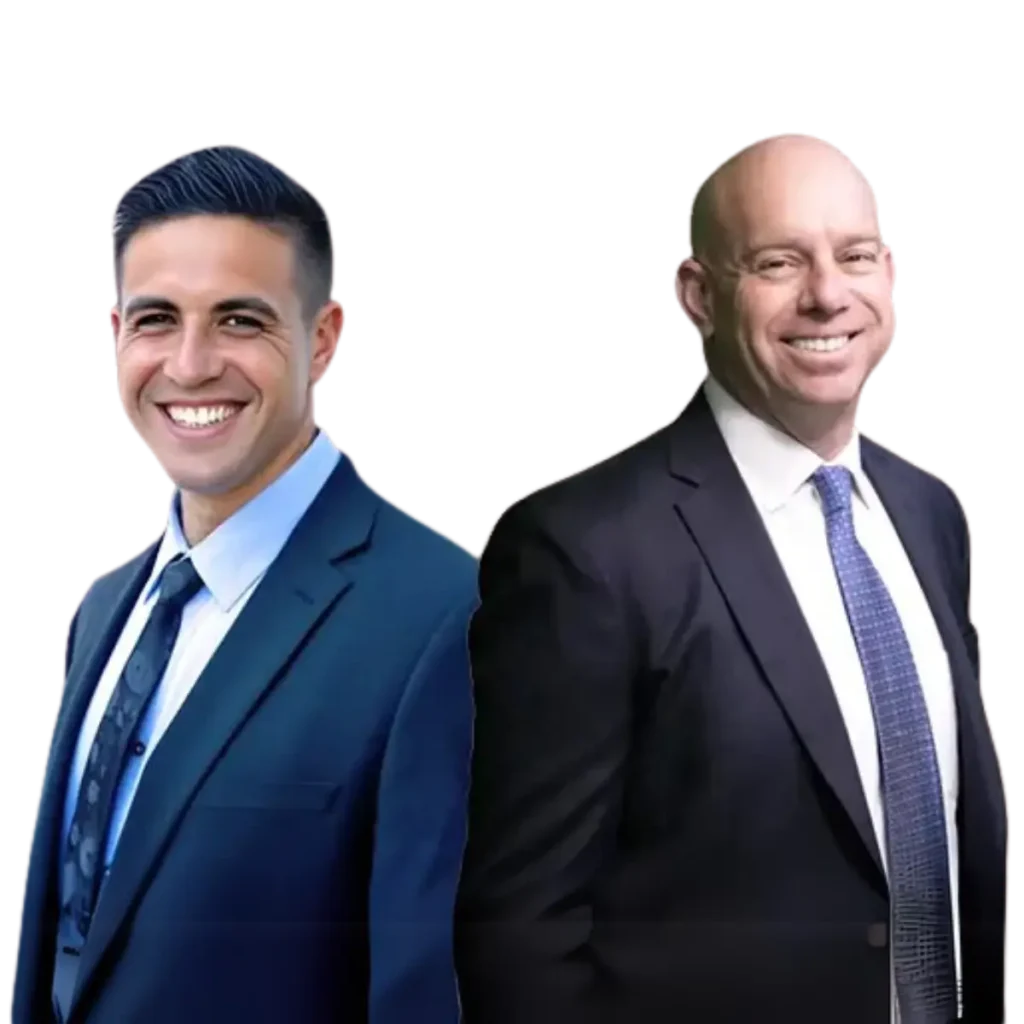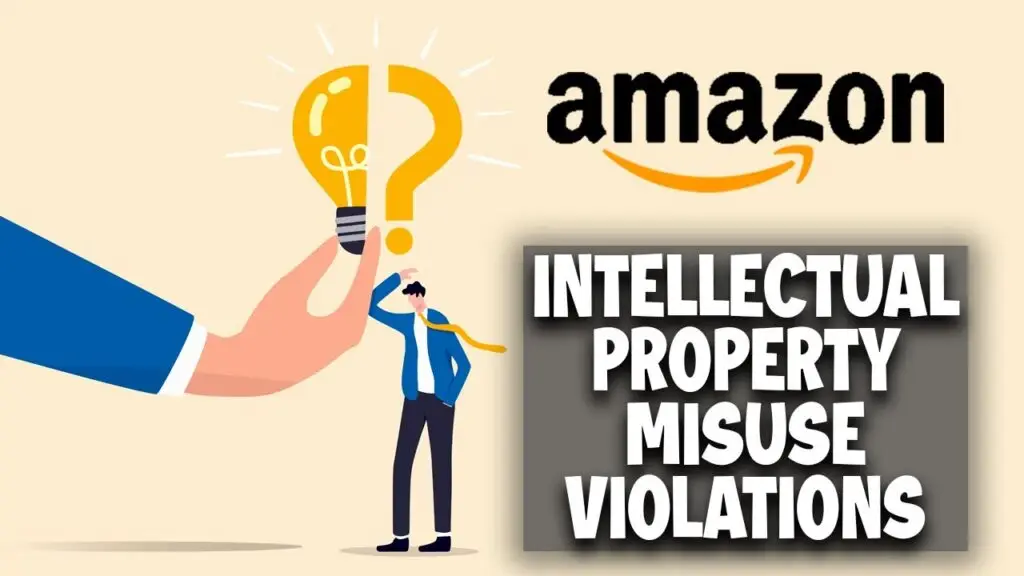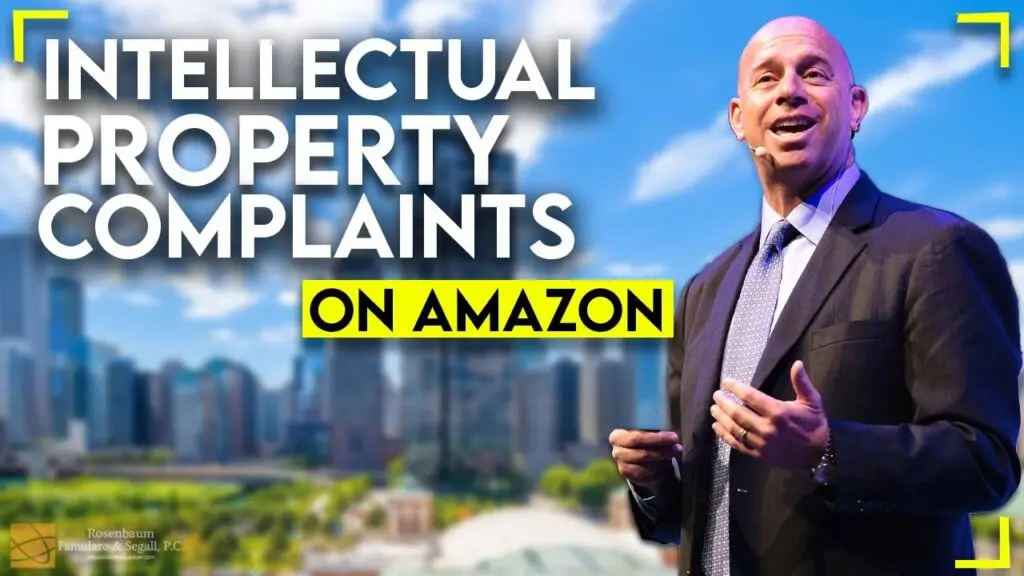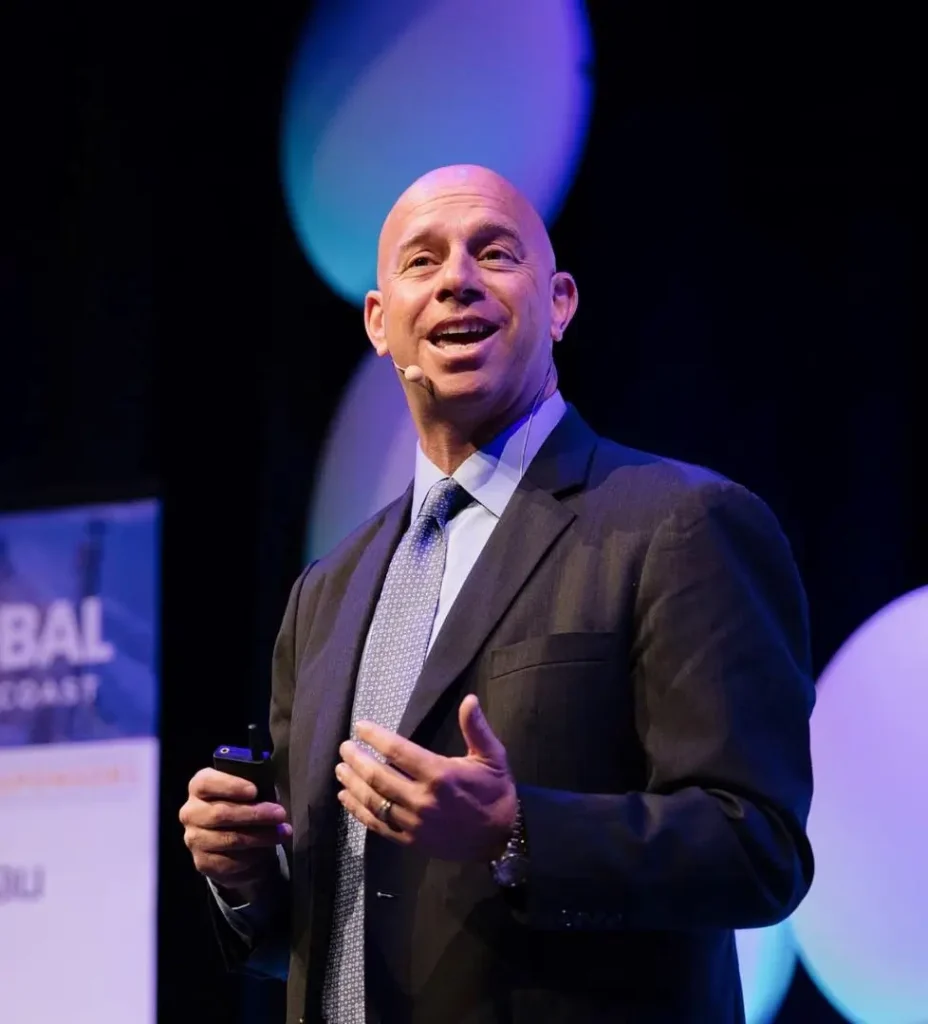Amazon Intellectual Property Violations
Amazon Intellectual Property Protection: Defend Your Brand on Amazon

Protect Your Intellectual Property on Amazon with Legal Support
Amazon Sellers need to know about intellectual property laws, especially if their Amazon account was suspended because of an IP complaint.Usually, an Amazon Seller will be suspended for selling products that violate another brand’s trademark or copyright claim, Amazon will suspend your account if you are infringing upon another brand. Refrain from using another brand’s products unless you have permission to sell those products.
Amazon’s marketplace is highly competitive, and intellectual property (IP) violations are common. If your brand is facing counterfeit products, trademark infringement, or copyright violations, Amazon Sellers Lawyer provides the legal representation you need to protect your business.

Common Intellectual Property Issues on Amazon
- 1. Trademark Infringement: Unauthorized sellers using your brand name, logo, or product descriptions.
- 2. Copyright Violations: Stolen product images, descriptions, and other creative assets.
- 3. Patent Infringement: Competing sellers copying your patented product designs or functionality.
- 4. Counterfeit Products: Unauthorized replicas that damage your brand’s reputation and sales.
- 5. Brand Registry & IP Complaints: Issues with Amazon’s Brand Registry or wrongful IP complaints against your account.
How We Help Protect Your IP
- Cease & Desist Letters: We send legal notices to infringers, demanding they remove unauthorized listings.
- Amazon IP Claims & Appeals: Assistance with filing and responding to Amazon’s IP infringement claims.
- Brand Registry Assistance: Helping brands enroll and navigate Amazon’s Brand Registry for stronger protection.
- Litigation & Enforcement: Legal action against persistent counterfeiters and infringers.
- DMCA Takedown Notices: Removing unauthorized use of copyrighted materials.

The Legal Process: If a trademark infringer is detected
The answer depends on the platform the seller is on, and in what specific ways the trademark was infringed upon. After determining the nature of the infringement, the seller, through their intellectual property lawyer, will generally send a cease and desist letter. This letter requests that the infringer refrain from further violating intellectual property rights. Generally, it notifies the infringer that if the offending products are not removed from the view of consumers, further legal action may follow.
If an Amazon merchant has fallen victim to infringement at the hands of another Amazon merchant, the seller’s attorney may file a take down request with Amazon. When Amazon complies with the take down request, infringers will often resume selling the infringing product under a different account.
If financially feasible, sellers who suffer infringement can seek redress in court.
Types of Amazon Suspensions We've Resolved
We handle a wide range of Amazon suspensions, working to reinstate your account as quickly and smoothly as possible. Our approach has helped many sellers resolve issues and continue their business without disruption.
Why Choose Amazon Sellers Lawyer for Intellectual Property Protection?
- Experiences Team: Our attorneys focus on Amazon seller account reinstatements.
- Proven Success Rate: Thousands of sellers have regained their accounts with our help.
- Fast & Effective Appeals: Time is money—we work quickly to resolve your suspension.

